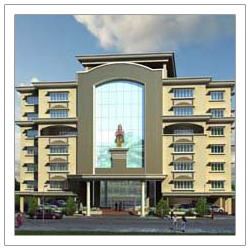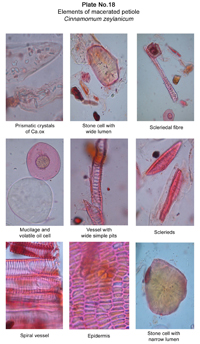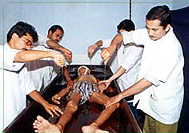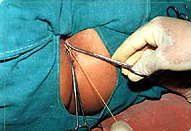http://www.ncbs.res.in/ncbscourses
NCBS
Courses: 2011/2012 & 2012/2013
| 2011 Aug Term | 2012 Aug Term (Tentative) |
| Intro to Lab Practices | Intro to Lab Practices |
| Scientific Writing | Scientific Writing |
| Physical Biochemistry | Physical Biochemistry |
| Cell Biology | Cell Biology |
| Developmental Biology | Developmental Biology |
| Chemical Biology | Chemical Biology |
| Algorithms | Bioinformatics |
| Biology of Disease | Neuroethology |
| Statistics | Theory of Molecules |
| Pre-calculus | Information Theory |
| Calculus | |
| 2012 Jan Term | 2013 Jan Term (Tentative) |
| Basic Neuroscience | Basic Neuroscience |
| Ecology and Evolution | Ecology and Evolution |
| Control and Optimization | Dynamical Systems |
| Pop. Genetics and Mol. Evolution | |
| Signalling | |
| Glycobiology | |
| Genome biology and technologies | |
For more information write to:
National Centre for Biological Sciences
Tata Institute of Fundamental Research
GKVK, Bellary Road,
Bangalore 560065, India
Phone: 91 80 23666001 / 02 ; 23666018 / 19
91 80 67176001 / 02 ; 67176018 / 19
Fax: 91 80 23636662
National Centre for Biological Sciences
Tata Institute of Fundamental Research
GKVK, Bellary Road,
Bangalore 560065, India
Phone: 91 80 23666001 / 02 ; 23666018 / 19
91 80 67176001 / 02 ; 67176018 / 19
Fax: 91 80 23636662






